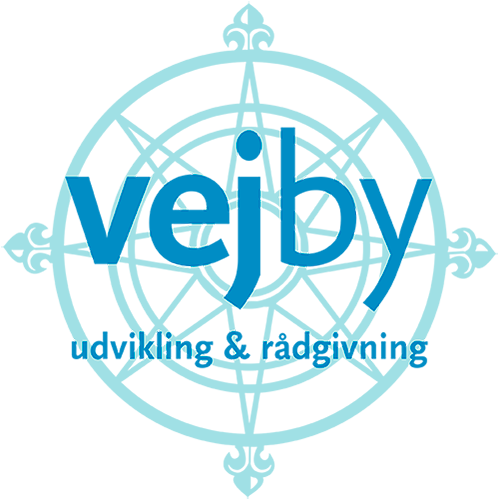Due diligence is about evaluating the potential and risks for an investor looking over an investment property prior to purchasing it, or an acquiring firm examining the tax position of a prospective company prior to merging. It’s also about effectively communicating results to the stakeholders and making sure that all parties are aware of how to reduce any liabilities.
Financial institutions and businesses conduct enhanced due diligence (EDD) on both individual and corporate clients in order to identify and assess the risk. This type of investigation requires additional steps to verify the client’s identification and look into the nature of transactions. The additional steps could include investigating the source of funds, investigating business relationships and evaluating the motive behind specific transactions.
This process usually involves the use of advanced technology and expert knowledge. For example machine learning algorithms and artificial intelligence can aid in reducing the time spent on due diligence process by automating the review of documents and conducting predictive risk analysis. These technologies can also aid in identifying suspicious activity by analyzing large quantities of data from many sources, such as transaction histories as well as adverse media reports and many more.
Another important aspect of EDD is the use of internal and external sources to ensure a thorough investigation. This could include legal experts as well as industry experts and accounting firms that can examine a company’s financial records and check for accuracy and find accounting irregularities. External verification is particularly important when evaluating complicated transactions and highly regulated fields like banking and finance.

Seneste kommentarer